Conservatism is in crisis with leaders on the ropes
Liz Truss’s plight in Britain the latest example of the collapse of viable conservative government in the West.
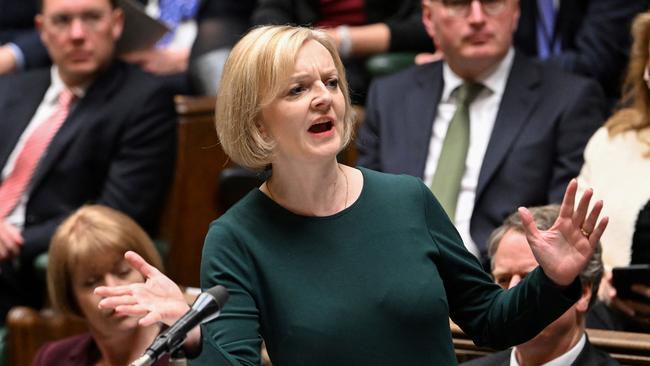
Britain has its fourth Tory prime minister in 12 years after a succession of policy failures, internal revolts, philosophical reversals and implausible patch-up jobs with the new leader, Liz Truss, five weeks into her incumbency facing a humiliating 52-22 per cent party support deficit against the Labour Party in the latest YouGov survey early this month.
This result, the greatest Labour polling lead ever, constitutes a fusion of two elements – deep disenchantment with the conservative brand and the new government’s blunders in its inaugural mini-budget that turned into a financial and political debacle. Truss as a new prime minister is damaged probably beyond repair with a rapidity unprecedented in British politics.
The Conservatives have failed to devise a united and coherent response to Britain’s trajectory post-Brexit, a test demanding a new view of Britain’s strategy and destiny. The party has exhausted itself in a litany of post-Brexit experiments that offered a new dawn under Boris Johnson but has collapsed in mishaps that mock conservative principle – the upshot being an assault on sound finances, the discrediting of public institutions and the demise of governing stability.
The Tories have done this harm to themselves. It is entirely self-inflicted. They weren’t taken over by a reckless renegade such as Donald Trump. British democracy is stamped with the post-Brexit upheaval but is not compromised the way Trump threatens US democracy.
Truss tried to be brave but courage is a double-edged sword. Elected to lead a discredited government, she went for a radical, tax cut, libertarian package but misjudged everything – the economic impact, market reaction and political backlash.
The perception is a leader out of her depth, a government engaged in policy adventurism, divorced from public sentiment and inept in its redefinition of conservatism amid the challenges of high inflation, record debt, weak growth and the loss of Britain’s biggest free market in the EU.
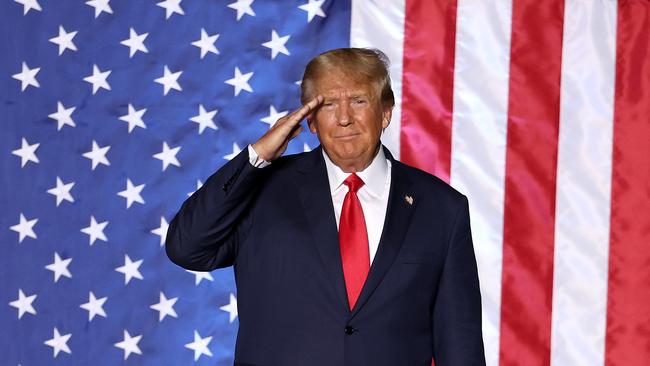
What dominates the British crisis is the schism in the British establishment that overwhelmingly opposed Brexit, still regrets the outcome and can scarcely abide the subsequent Tory adaptations, from populism to libertarianism. Britain, similar to other Western democracies, represents broken political heartlands where a new Tory working class and a new Labour middle class arose from the Brexit battle and the post-industrial age offering electoral opportunity for both sides.
At the 2019 election the outcome seemed to be resolved decisively in favour of the Tories with a charismatic Johnson winning working-class seats in Britain’s north, putting together a new One Nation Toryism with Labour culturally alienated from its base and suffering from its lurch to the left under former leader Jeremy Corbyn. Labour under Sir Keir Starmer now presents itself as the party of “sound money”, until recently an incredulous notion.
The fall of the Tories has been epic, yet hardly a shock.
Over a decade what has constituted British conservatism? It has been for Britain in Europe and against Britain in Europe, for fiscal austerity and for fiscal largesse, for tax increases and for tax cuts, for the London-based power structure of wealth and finance and for a fairer Britain beyond the capital.
It has been for everything and anything and that is the trouble. It has tried every type of prime minister from David Cameron as Tory moderniser to Theresa May as Brexit negotiator, Johnson as post-Thatcher big-state Tory populist and now Truss as ideological libertarian out of synch with the times.
But give Britain its due. Its Westminster politics never succumbed to a Trumpian outsider. Despite that achievement, Britain has failed to reshape its course post-Brexit. Sovereignty outside the EU comes with a high economic price and the Tories have been unable to navigate a new path that reconciles the new sovereignty with economic resurgence.
Labour’s astonishing 30 per cent polling lead is too great to last but the opposition will still presumably form the next government at a general election – in the interim might panicking Tories resort to a fifth prime minister in their desperation?
In campaigning for the leadership Truss operated as an anti-establishment reformer. She attacked “Treasury orthodoxy”, the economic “consensus” and the Financial Times, said the cycle of high tax and low growth must end, and promised a new economic model. While much of her analysis of Britain’s ills was correct her opponent, former chancellor Rishi Sunak, denounced her prescription, identified proposed unfunded tax cuts as “wrong” and “bad for everyone”, claimed Margaret Thatcher would never have endorsed Truss’s solution and said her former chancellor Nigel Lawson “agrees with me”.
Truss became leader without majority support of the parliamentary party. She was elected by the Tory rank and file, geared to an ideology with little backing across the country. The September 23 mini-budget by her Chancellor, Kwasi Kwarteng, seemed almost scripted to vindicate Sunak’s prediction, only the consequences were even worse – a financial stability crisis.
Former Conservative Party leader William Hague told The Times that Truss was bold by doing exactly what she promised. But this involved “risks with inflation and debt that no Conservative government I served in would have contemplated”.
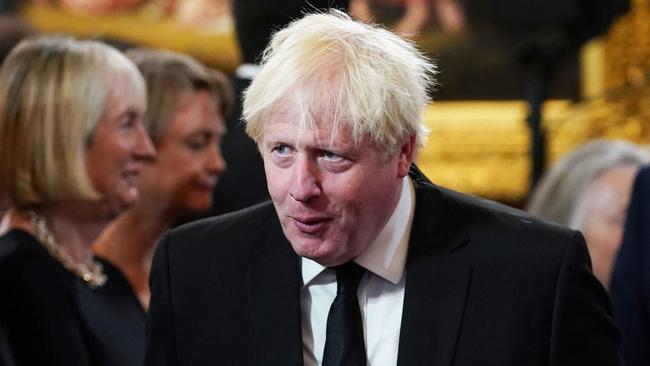
The International Monetary Fund criticised the government. Former US Treasury secretary Larry Summers branded the policy and communications blunders some of the worst he has seen and warned the British ineptitude had global ramifications since it was doubtful the US Federal Reserve could contain inflation “without a recession of a magnitude that would take unemployment towards the 6 per cent range”.
The world needs the leading nations to run fiscal policy in harmony with anti-inflationary monetary policy, the point being made by Treasurer Jim Chalmers. The Truss-Kwarteng purpose is to rekindle UK growth back to 2.5 per cent annually yet their unfunded tax cuts guarantee higher interest rates that will curtail growth as well alienate middle-class voters.
Financial Times chief economics commentator Martin Wolf, referring to Johnson and Truss, said: “The only sort of leader more dangerous than the rogue the UK used to have is the zealot it has now.” He saw the mini-budget as the culmination of a saga of Tory deceit – from claiming Brexit would bring prosperity to pretending that unfunded tax cuts would revive economic growth.
The Economist magazine said the effect would be to “hurt growth, not boost it” by intensifying interest rate pressures. It argued that chasing growth by £45bn ($80.7bn) of tax cuts based on more borrowing was “blind conviction of the flat-earth variety”.
The markets agreed. They sold off bonds and the currency. There was once a time when financial market judgment was an instrument invoked by conservatives to guarantee sound money and responsible budgets. No more. Resentful Tories denounced the messengers – a critical media and markets now deemed to be “irrational”.
The list of Tory enemies is far too long. In Tory minds the markets seemed to be lumped into that long list of anti-growth elements, enumerated by Truss in her unpersuasive speech to the Conservative Party conference, naming the villains as Labour, the Lib-Dems, the militant unions, vested interests, Brexit deniers, BBC talking heads, occupants of north London townhouses and Extinction Rebellion.
The economic problem with the mini-budget was that unfunded tax cuts with inflation hovering at 10 per cent only triggered alarm at financial risk. Loss of confidence forced the Bank of England into massive intervention, buying bonds and defending the pound. Markets lost faith in Britain’s sovereign bonds that constitute a high percentage of pension fund assets – and yes, that happened under a Tory, not a Labour, government. (Net government debt in Britain is three times that of Australia as a proportion of GDP.)
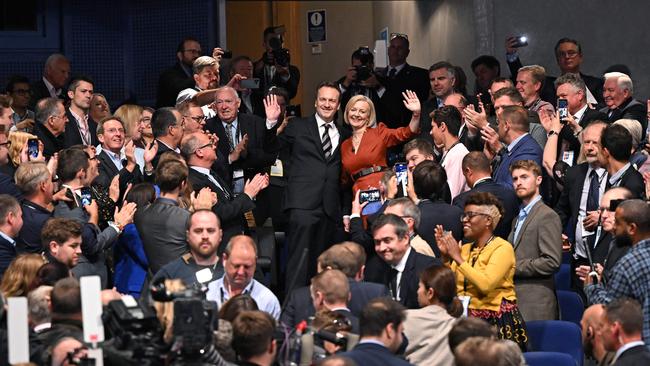
The extraordinary situation meant the Bank of England moved back into quantitative easing – buying bonds – not to sustain the economy as before but for a different purpose altogether – to safeguard financial stability.
For any government this constitutes humiliation. The bank was supposed to be embarking on a quantitative tightening to lift interest rates and contain inflation but was driven into the opposite course by the need for financial stability. The bigger question inevitably becomes: do central banks underwrite government fiscal policies that are seen in a high-debt environment to be irresponsible?
Truss and Kwarteng were trapped in an inescapable bind. Their package of energy price caps, infrastructure stimulus, tax breaks, abandonment of Johnson’s planned increase in the corporate tax rate from 19 to 25 per cent, a cut in the basic tax rate and a cut in the top income tax rate from 45 to 40 per cent failed in its economic and political reception.
Their new era – explicitly defined as growth, not re-redistribution – was collapsing. They ditched the cut in the top rate because Tory backbench hostility meant it probably couldn’t be legislated. But that won’t make much economic difference. The Bank of England stumbled in its responses but the central bank cannot solve this dilemma; the heart of the problem is government fiscal policy. The problem is the Tory budget.
Many of the ideas advanced by Truss are desirable and justified – but leaders must deal with the real world, not the world of theory.
Conservatives are supposed to be realists and prudent. The current British government is neither. Truss’s instinct that a new approach was needed post-Johnson was right but implementing this is a world beset by multiple crises – monetary policy threatening a global economy, a massive energy shock and a growing European war – demanded precision and judgment of the highest order.
The Tories have triggered the lurking psychological fear of decline. The sense of a changing order is hard to deny – the death of the queen, arrival of a new king, the election of an unconvincing prime minister, the sinking of the pound towards parity with the US dollar and the warning forced from the Bank of England about “material risks to UK financial stability”. Truss represents a set of policies anathema to that on which Johnson was elected. Any notion that Truss might maintain Johnson’s One Nation Toryism and hold the former Labour seats in the north won at the 2019 election is long gone. The government’s policies threaten a middle-class backlash as credit tightens.
The post-Brexit Conservative dreams lie in ruins, most unlikely to be rebuilt before the next election two years away.
It was British-American writer Andrew Sullivan, former editor of The New Republic, who best captured such delusions: “At the heart of Brexit was, it is now becoming ever clearer, a contradiction. For some on the economically liberal right, it was a chance for Britain to wrest free from becoming a highly regulated, highly taxed province of the European Union. It was a chance to create what the EU had always feared: a low-tax, deregulated, Singapore-on-Thames …
“For others – call them Red Tories – it was a way to preserve the nation, to listen to working-class voters who felt they had become the victims of the free market and free movement of labour across Europe and to return to a conservatism that sought to protect rather than liberate. Boris Johnson represented both wings – he had a liberal mind but a Tory gut.”
Johnson, however, possessed neither the personality nor character required of a prime minister to navigate such a redirection of the nation and of the Conservative Party. In his persona Johnson embodied something else entirely – the abandonment by conservatives of the integrity, honesty and discipline that once defined their leadership principles.
A magnificent entertainer and vote winner, Johnson was exposed as a tiresome product of celebrity indulgence and shamelessness exceeded in politics only by Trump. His contempt for the British establishment that he knew only too well was an asset fatally undermined by his contempt for the British public.
Trump hijacked the Republican Party, destroying what was left of its moral essence while Johnson remade the Tories as the party of Brexit. Yet the remaking, as now revealed, has been a deeply flawed project.
The strategic, tactical and leadership gyrations of the Conservatives over the past decade are mesmerising and revolve around two events – the 2008-10 global financial crisis that cast such a long shadow and Brexit with their intersecting themes of sovereignty, ruptures within globalisation and the struggle to locate new sources of economic growth.
In Britain the economic austerity of Cameron’s government dissolved into the referendum fiasco when Cameron’s gamble came undone and Britain’s financial and economic establishment was repudiated by the Brexit revolt. Yet the winners, as economic historian Adam Tooze said, were “utterly unprepared for their own victory” – ever since they have improvised, having first to put Brexit in place and then having to confront its adverse economic consequences.
Recent polls reveal the changing culture of British opinion. The Financial Times reports from the latest British Social Attitudes Survey that most of the public favours higher taxes to fund health and education. Just one person in 17 thought taxes and public spending should be cut. Among Conservative voters 46 per cent said taxes and spending should be increased.
The Economist reported polling it commissioned showing that by 38 to 28 per cent respondents agreed that “politicians focus too much on economic growth at the expense of other issues”.
Voters wanted environmental protection even if that harmed economic growth. They agreed by 39 to 35 per cent that “redistributing money between people is more important than growing the economy overall”.
Conservatives face multiple challenges – sorting out what they believe, what works and what the public might tolerate.


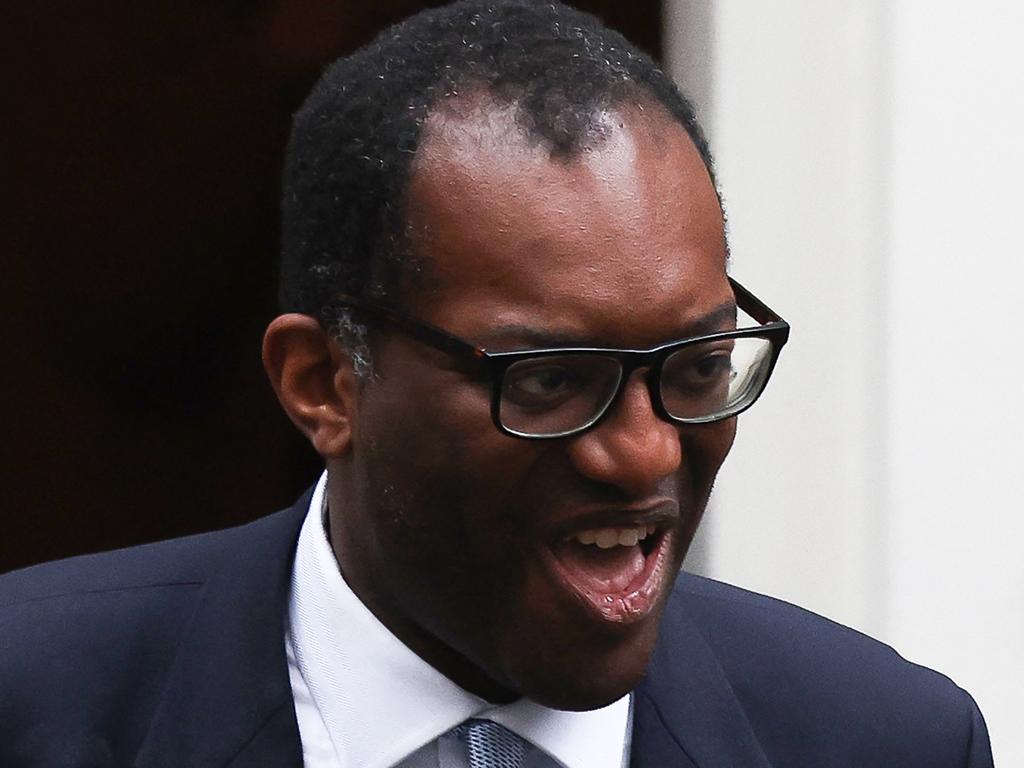
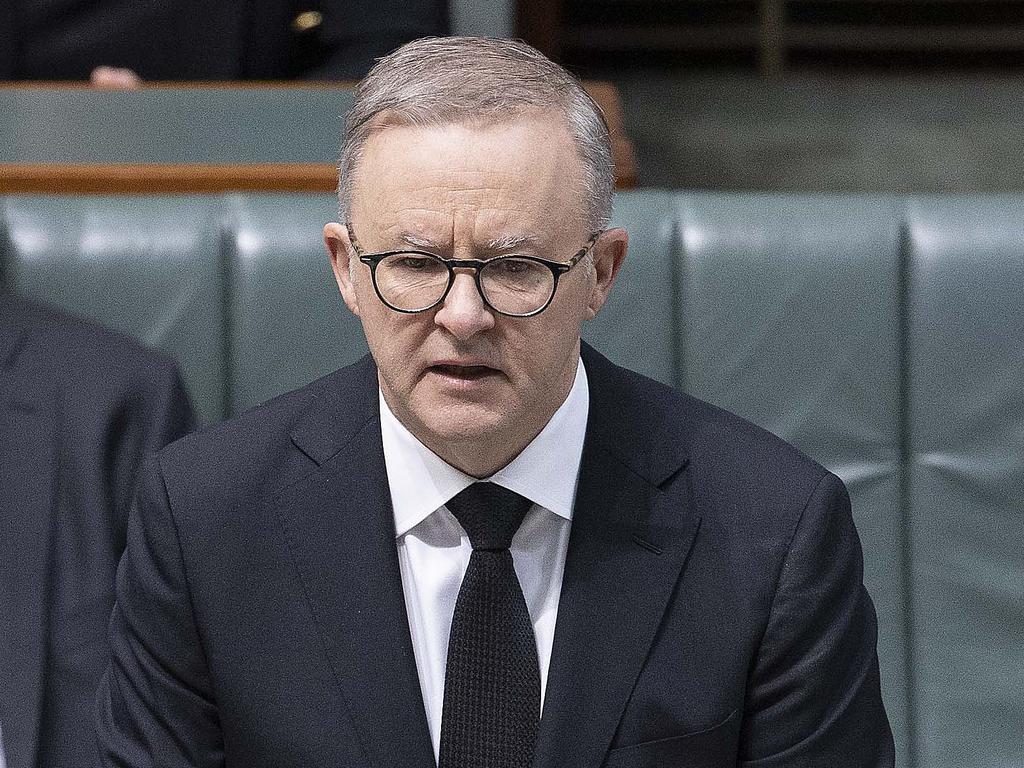

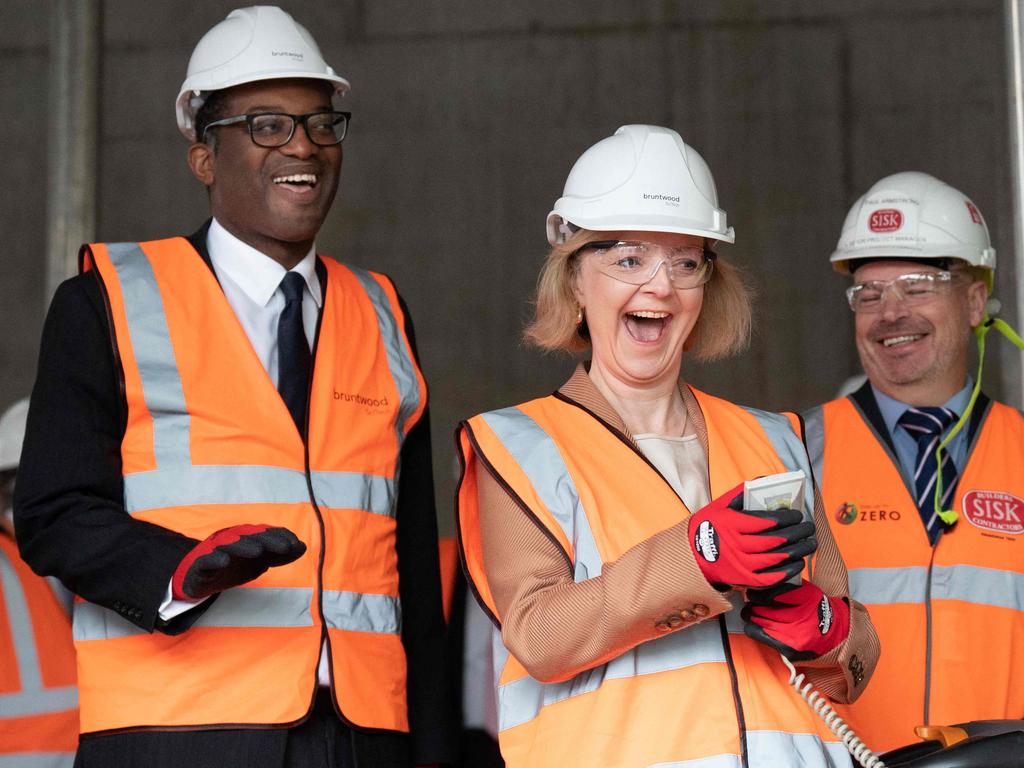
Conservatism is in growing crisis in Western democracies with the plight of the new Tory government in Britain the latest example of the collapse of viable conservative government – a crisis different from but running in parallel with the Trump-driven convulsions of American conservatism.